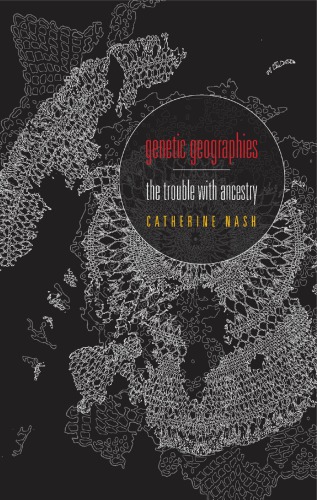

Most ebook files are in PDF format, so you can easily read them using various software such as Foxit Reader or directly on the Google Chrome browser.
Some ebook files are released by publishers in other formats such as .awz, .mobi, .epub, .fb2, etc. You may need to install specific software to read these formats on mobile/PC, such as Calibre.
Please read the tutorial at this link: https://ebookbell.com/faq
We offer FREE conversion to the popular formats you request; however, this may take some time. Therefore, right after payment, please email us, and we will try to provide the service as quickly as possible.
For some exceptional file formats or broken links (if any), please refrain from opening any disputes. Instead, email us first, and we will try to assist within a maximum of 6 hours.
EbookBell Team

4.4
102 reviewsWhat might be wrong with genetic accounts of personal or shared ancestry and origins? Genetic studies are often presented as valuable ways of understanding where we come from and how people are related. In Genetic Geographies, Catherine Nash pursues their troubling implications for our perception of sexual and national, as well as racial, difference.
Bringing an incisive geographical focus to bear on new genetic histories and genetic genealogy, Nash explores the making of ideas of genetic ancestry, indigeneity, and origins; the global human family; and national genetic heritage. In particular, she engages with the science, culture, and commerce of ancestry in the United States and the United Kingdom, including National Geographic’s Genographic Project and the People of the British Isles project. Tracing the tensions and contradictions between the emphasis on human genetic similarity and shared ancestry, and the attention given to distinctive patterns of relatedness and different ancestral origins, Nash challenges the assumption that the concepts of shared ancestry are necessarily progressive. She extends this scrutiny to claims about the “natural” differences between the sexes and the “nature” of reproduction in studies of the geography of human genetic variation.
Through its focus on sex, nation, and race, and its novel spatial lens, Genetic Geographies provides a timely critical guide to what happens when genetic science maps relatedness.